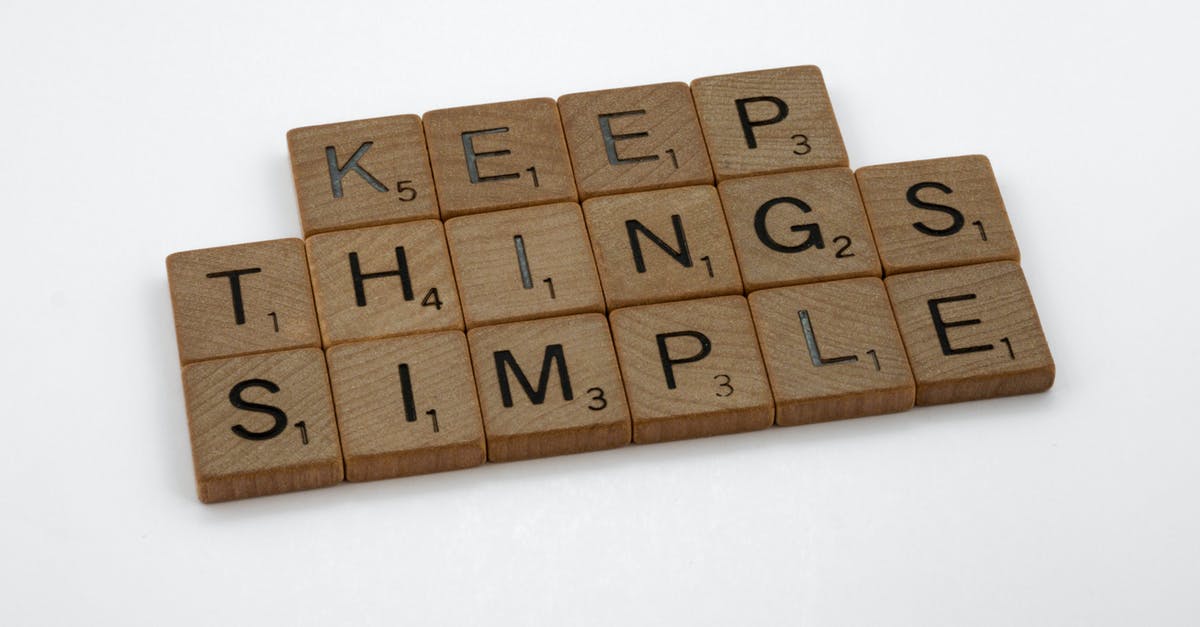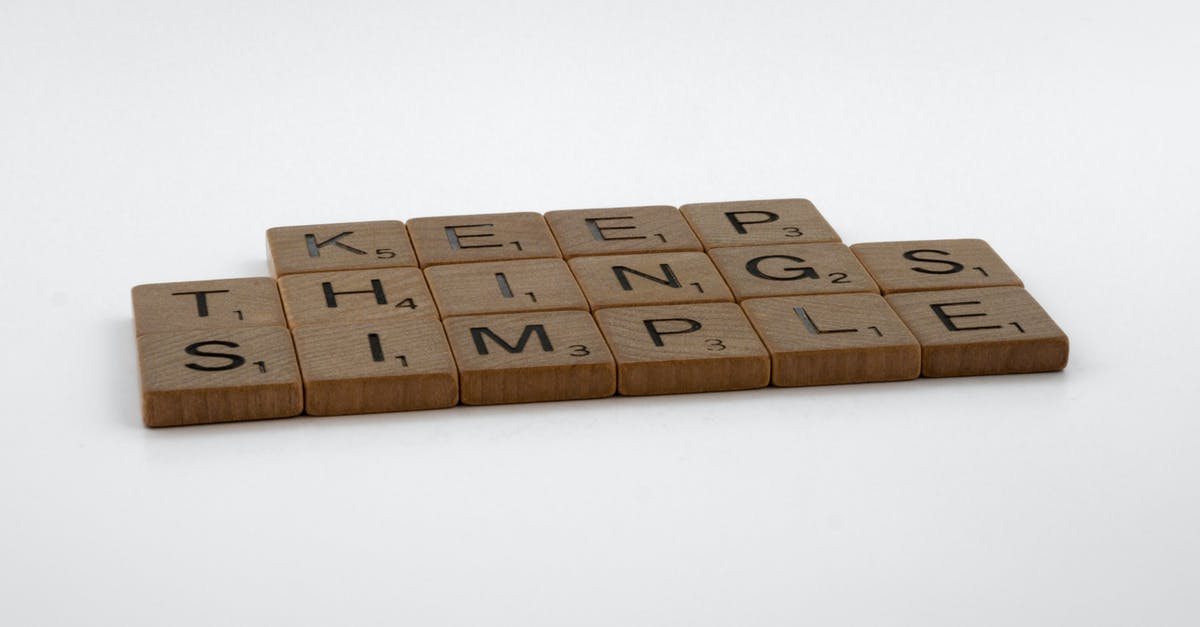Is "parboiling" chicken stupid (or wasteful)?

I realize the question can be considered inflammatory - use the latter wording (wasteful) if it helps...
When I learned (taught myself) to cook and first figured out that meat does indeed have a flavor of its own, I struggled and finally learned how to retain those flavors - everything from making broth with bones to slow-cooking to release natural fats and connective tissues. However, a friend uses chicken that is "parboiled" in many dishes, and this seems quite wasteful to me.
I understand that parboiling can be done to reduce cooking time. However, help me either understand this preparation mentality, or explain to them how to do things better...
My friend puts chicken breasts into a ~3-6 qt saucepan on the stove in warm water, turning the burner to high. After the water is boiling, heat is reduced to medium (50%), and left to boil for 30 minutes or so. The pot is drained and the chicken either shredded or cubed for use in a pulled-chicken or similar dish (perhaps enchiladas or similar). The chicken is fully cooked, but usually lacks taste - as I figure, it was all boiled out of the chicken during cooking.
This seems wasteful (stupid) to me - as the friend often goes through extra effort to use high quality ingredients, spices, seasonings, fresh herbs, and selects healthier meals. The only potential gain I see to preparing the chicken in this fashion is that the cooking can be done relatively unsupervised (plop chicken in, adjust heat once, and walk away). However, taste is lost when instead there certainly must be a better way to prepare the chicken. Perhaps in the case of the aforementioned enchiladas, the chicken could be placed in a skillet, half-covered with a mix of enchilada sauce and water, covered and cooked on medium for just about the same amount of time. This would flavor the chicken more instead of removing the flavor, and with little additional touch-time.
This friend comes from a background of much prepared food and poor cooking habits growing up, but has taken the time to advance their skills greatly in other culinary areas aside from meat preparation. I'd like to encourage them with evidence (and gentle pressure if necessary) to improve this facet of their cooking as well. Perhaps they are used to canned chicken which is precooked, as I believe this method for cooking chicken originated out of one snack-dip-related dish, which was a staple for them previously.
Bonus points: is this technique even parboiling? Above-quoted answers cite parboiling to be boiling to speed-up preparation of the parboiled food, but don't mention the intention of completely cooking it.
Best Answer
Chicken breast is so lean and bland already that I'm not sure this method would really be that much worse than a different method especially when being shredded and mixed with strong flavors.
I don't think it's wasteful unless it is not eaten, but a far better way would be slow cooked and then shredded thigh meat. It is fattier, but in my opinion, a far more delicious part of the bird. It is stronger flavor wise, has an unctuous that chicken breast can't touch, and is cheaper.
Back on topic, if you really wanted to prove the value in either grilling or slow cooking the chicken breast. Do two batches next time: one half is yours and one half is theirs. You should definitely marinade yours if you want to win :)
Pictures about "Is "parboiling" chicken stupid (or wasteful)?"



More answers regarding is "parboiling" chicken stupid (or wasteful)?
Answer 2
I do this all the time when there's a good sale on chicken ... but I start them in boiling water, then turn the pot to low and let it simmer so I don't overcook it. (and it'd be considered poaching, not parboiling) I'll then bag it up and freeze it. Although I typically also use the liquid to make stock when the chicken was bone-in.
It's a convenience thing. Starting from pre-cooked chicken, I can make many dishes in under 20 minutes. When I'm cooking for myself, and not trying to impress anyone, it's really not a big deal. Most people are impressed that I can cook at all, much less do it well. And if I can make it look easy, and get dinner out quickly, that's even better.
Poaching and freezing also means that I waste less food, as when I have some plans unexpectedly come up, I don't forget that I have a pack of chicken in the fridge, and find it's gone off by the time I've remembered it. (or finally gotten back home and recovered enough to cook again)
There are some things that you can do to improve the poached meat. Flavorful sauces is one. Cooking thighs or dark meat is even better. (and it's so much easier to debone when it's poached vs. raw). You can also put some oil in a pan and give it a bit of a sear as you heat it back up.
I view your attitude as being like a new manager who decides to make changes in their first week without actually knowing what's going on. Ask your friend why they do it this way, and you might come away enlightened.
You may also want to look up the term 'satisfice'. I started doing this as a grad student -- there's no way I was going to spend an hour cooking a meal when I got home after a full day of work & night classes. But it was either taking shortcuts like this, surviving off sandwiches or prepared foods like microwave burritos.
Answer 3
Entirely opinion. Know that many cooks, and especially those who have had access to ranged chickens and ones they raised themselves, consider commercial broilers to be tasteless, water mass that is simply a base protein that is doctored into a dish though the use of spices and other ingredients to give it flavor in most cases. That too is an opinion, but one shared by many.
Certainly boiling, and tossing the broth, takes some of the little flavor a commercial chicken breast has and throws it away. And what you describe is definitely boiling, not parboiling. But, if that taste to a person is not good or what they want to begin with, how is that wasteful or stupid? Many cultures consider offal to be some of the best and most sought after proteins, but US culture for instance mostly finds them offensive and a waste product so discards them or uses them in animal feeds, but US cooks do not consider this wasteful. It is a mater of taste. Nose to tail techniques and some attempts to return to heritage type techniques aim to change these tastes, but both sides of that are matters of opinion also.
Is that boiling and using a technique I personally would use? No, not usually, but that is my choice. I see it very commonly used in dishes that used shredded chicken though, especially those that are then heavily spiced. I would prefer to see the broth then used, but many would likely find the broth too watery or loaded with fat to be useful. As for stating that a technique is wasteful or stupid, well, to me that is well into the personal or cultural judgmental area akin to calling rustic cooking peasant food because it does not follow the French Methods or calling French cooking pretentious because it relies on techniques that ones Mom did not teach them. It is a technique that I do not use or really like, but it if gives another person the results they prefer, that is their choice.
Answer 4
I agree, parboiling is not the most ideal way to cook chicken. Parboiling will leach flavor from the chicken into the cooking water and additionally cooking at a near-boiling temperature will overcook the meat which further squeezes moisture from the meat, leading to the "dryness" common in cooked chicken.
I recommend using sous vide for cooking chicken and other meats. Sous vide will provide the most succulent juicy chicken. You can adjust the time and temperature to meet the exact texture you desire.
The main reasons I choose to cook meats via sous vide:
- I get the most moist, delicious, and consistent results using the controlled temperature environment.
- I can ensure meats are safely cooked by cooking for longer time to compensate for the lower temperatures.
- I can eliminate overcooking because the temperature of the meat will never exceed the temperature of water.
- I can eliminate undercooking by using tested cook times. More directly by monitoring a thermometer placed into the center of the meat which is the last place to reach the target temperature, then recording this time for future cooking.
- I get flexible cooking times as the meat may be ready to eat after 1 hour, it can often remain in the sous vide bath for another hour or two without any dramatic changes to the taste or texture.
Check out additional Advantages of Sous Vide cooking from sous-vide.cooking.
Cook Chicken Sous Vide
- Set your sous vide cooker in a container of water and set to your desired temperature (via Serious Eats):
- 140°F (60°C) for 1.5–4 hours — Very soft and juicy.
- 150°F (66°C) for 1–4 hours — Juicy, tender, and slightly stringy.
- 160°F (71°C) for 1–4 hours — Traditional, juicy, firm, and slightly stringy.
- Season the chicken with salt (and optionally other herbs/spices)
- Place chicken in a sealable bag (zip top, vacuum seal bag, or silicone bag.)
- Place bag in the heated water bath and cook for desired length of time (see first step).
- Remove chicken from the bag and use the the recipe of your choice… or just enjoy as is!
Note: If cooking chicken skin-on, keep the skin side flat in the bag so that the skin can be more evenly and quickly seared in a sizzling hot pan. To get the most crispy skin, allow the chicken cool to room temperature and dry with paper towels before searing.
Sources: Stack Exchange - This article follows the attribution requirements of Stack Exchange and is licensed under CC BY-SA 3.0.
Images: Olya Kobruseva, Brett Jordan, Brett Jordan
